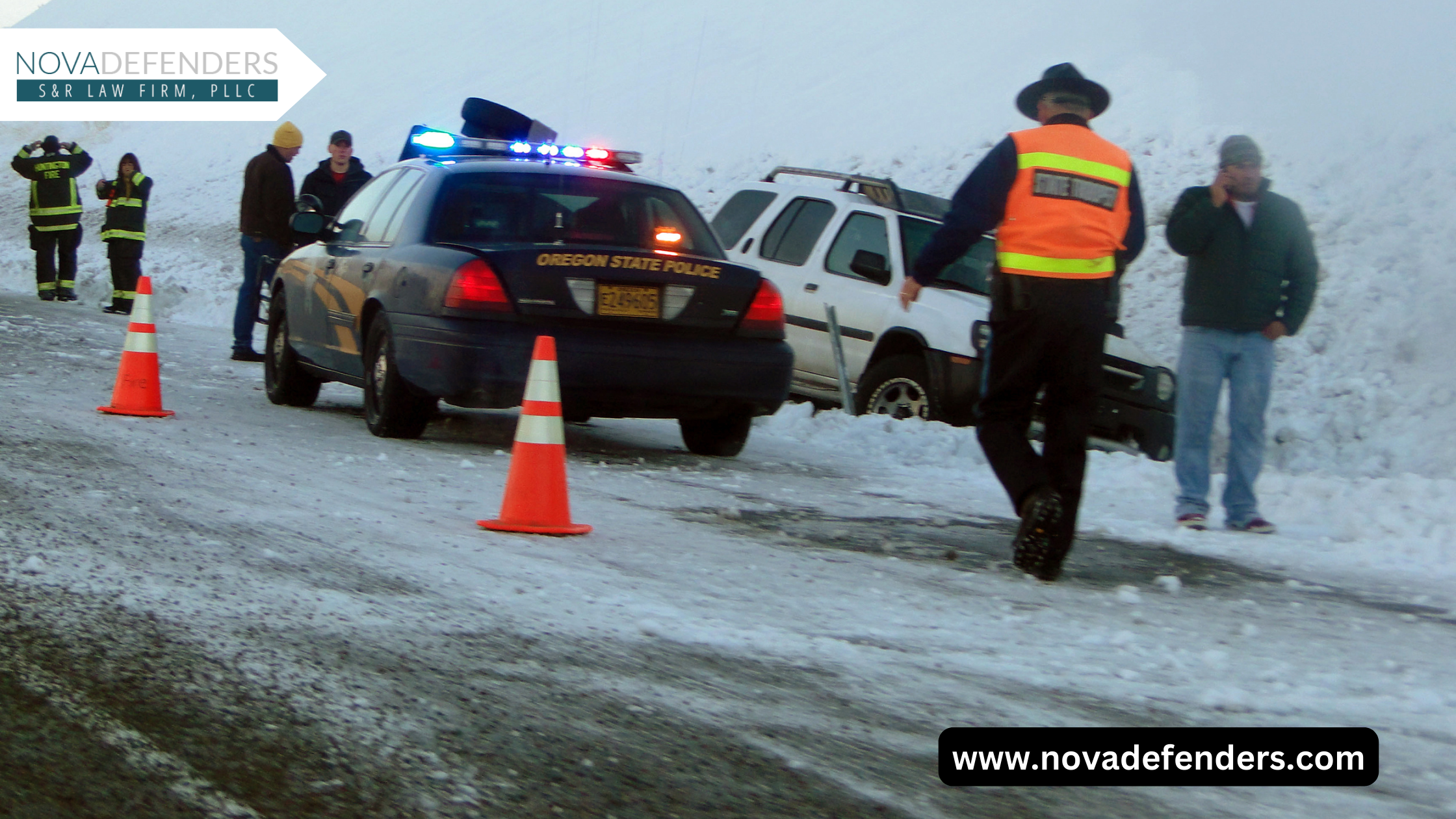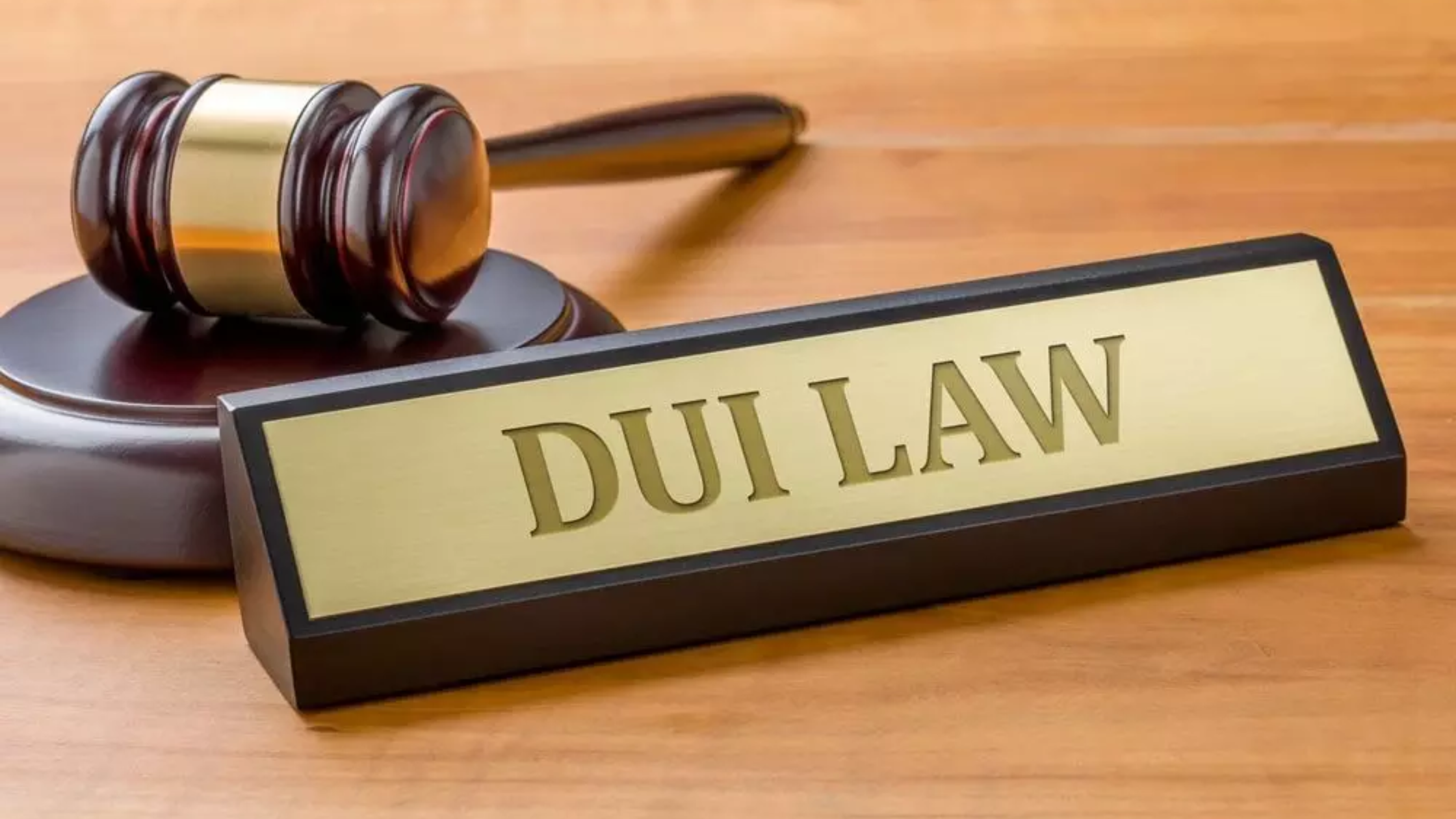Understanding Reckless Driving in Virginia: Tips to Avoid Charges
Reckless driving is not merely a minor traffic offense in Virginia; it can lead to serious legal consequences. If you find yourself facing a reckless driving charge, seeking legal assistance from a reputable reckless driving lawyer is crucial. In this article, we'll explore what constitutes reckless driving in Virginia, ways to avoid reckless driving charges, and the importance of legal representation, such as that provided by Nova Defenders.
What Constitutes Reckless Driving in Virginia?
In Virginia, reckless driving is defined as driving that endangers life, limb, or property. This includes excessive speeding, aggressive driving, driving under the influence, and other reckless behaviors. Reckless driving is not a simple traffic infraction; it is a Class 1 misdemeanor offense, which can result in hefty fines, license suspension, and even jail time.
10 Tips to Avoid Reckless Driving Charges
- Obey Speed Limits: Adhering to posted speed limits is one of the most effective ways to avoid reckless driving charges. Speeding significantly increases the risk of accidents and is a common factor in reckless driving incidents.
- Practice Defensive Driving: Stay vigilant on the road, anticipate potential hazards, and maintain a safe following distance from other vehicles. Defensive driving helps prevent accidents and reduces the likelihood of reckless driving behavior.
- Avoid Distractions: Minimize distractions such as texting, talking on the phone, or adjusting electronic devices while driving. Distractions impair your ability to react quickly and increase the risk of reckless driving incidents.
- Don't Drive Under the Influence: Driving under the influence of alcohol or drugs is both illegal and dangerous. It impairs judgment, coordination, and reaction time, significantly increasing the risk of reckless driving accidents.
- Use Turn Signals: Signaling your intentions to other drivers promotes predictability on the road and reduces the chances of reckless driving incidents, such as sudden lane changes or turns.
- Avoid Aggressive Driving Behaviors: Aggressive driving, including tailgating and excessive honking, can escalate into reckless driving situations. Stay calm and patient behind the wheel to prevent aggressive driving behavior.
- Respect Traffic Laws: Stop at red lights and stop signs, yield to pedestrians and other vehicles when required, and obey all traffic signals and signs. Ignoring traffic laws can lead to reckless driving charges.
- Plan Ahead: Allow yourself plenty of time to reach your destination so you're not tempted to speed or engage in reckless driving behavior due to being in a hurry. Plan your route and anticipate potential traffic delays.
- Maintain Your Vehicle: Regularly inspect and maintain your vehicle to ensure it is in proper working condition. Malfunctioning brakes, tires, or other components can contribute to reckless driving situations.
- Stay Calm and Focused: Road rage and aggressive behavior behind the wheel can quickly escalate into reckless driving incidents. Stay calm and focused, and avoid engaging with aggressive or hostile drivers.
The Importance of Legal Representation
If you find yourself facing a reckless driving charge in Virginia, seeking legal representation from an experienced reckless driving lawyer is essential. A skilled lawyer, such as those at Nova Defenders, can provide guidance and representation to navigate the legal process effectively and mitigate the consequences of reckless driving convictions. From building a solid defense to negotiating with prosecutors, a reckless driving lawyer can help protect your rights and achieve the best possible outcome for your case.
Conclusion
Reckless driving charges in Virginia are severe and can have significant consequences. By following these tips and seeking legal representation when needed, you can avoid reckless driving incidents and protect your legal rights on the road. Nova Defenders stands ready to assist individuals facing reckless driving charges, providing expert legal guidance and representation throughout the legal process.




Comments
Post a Comment